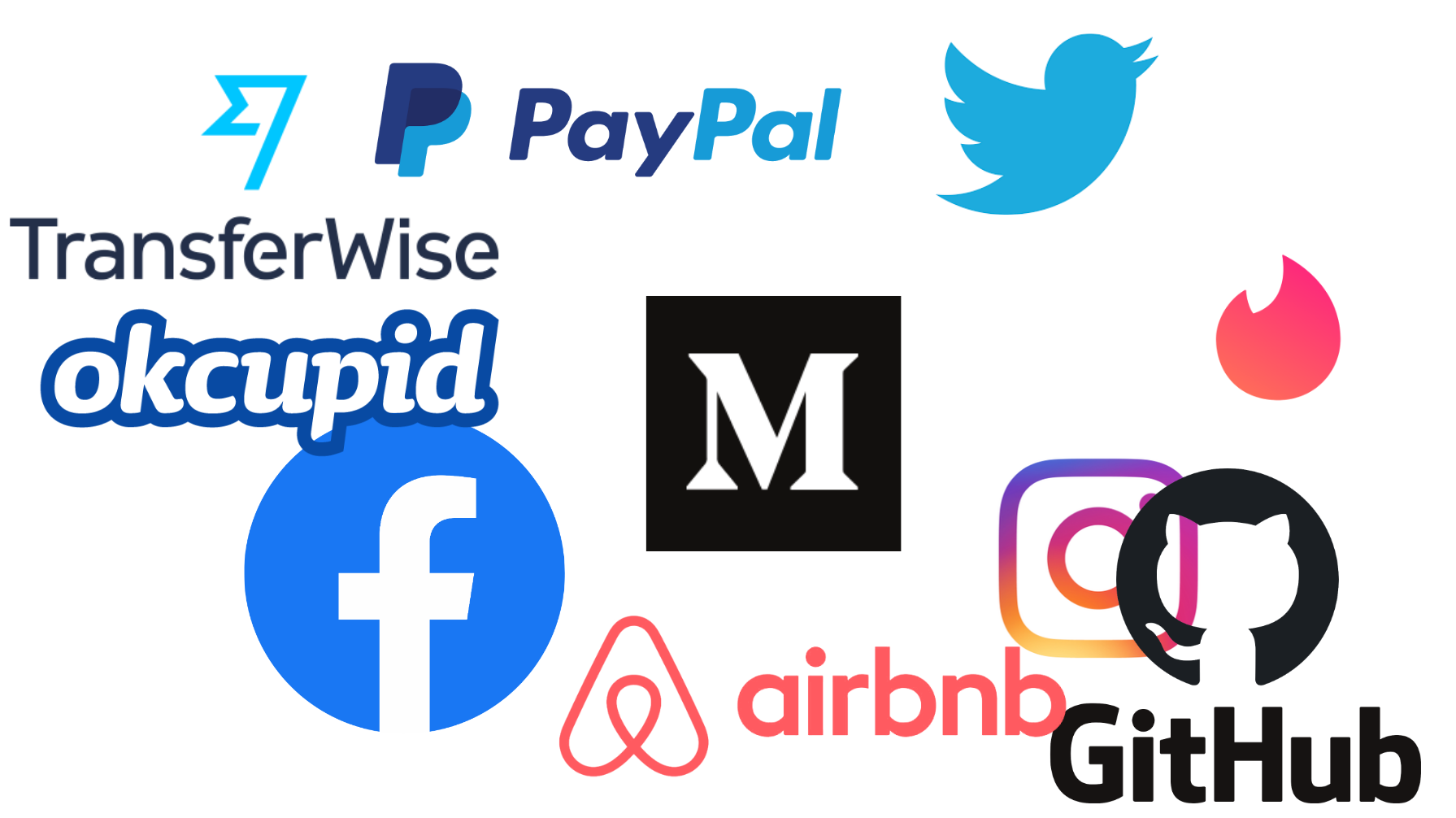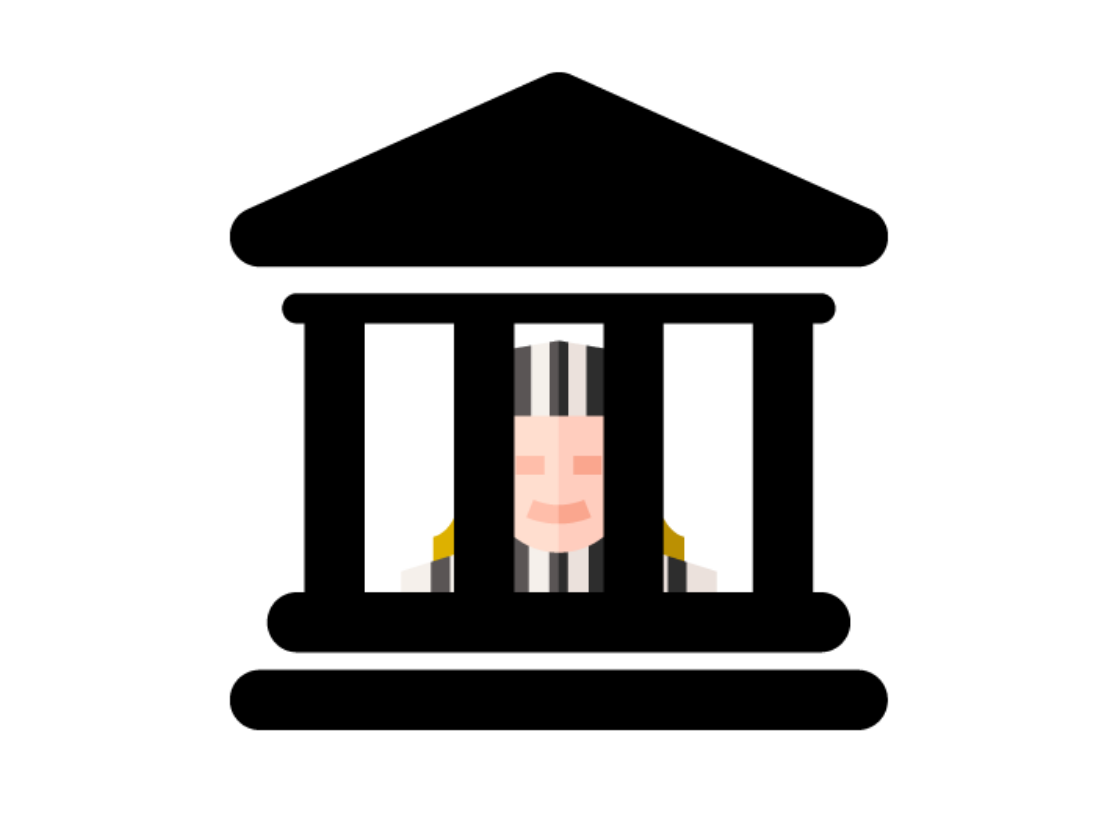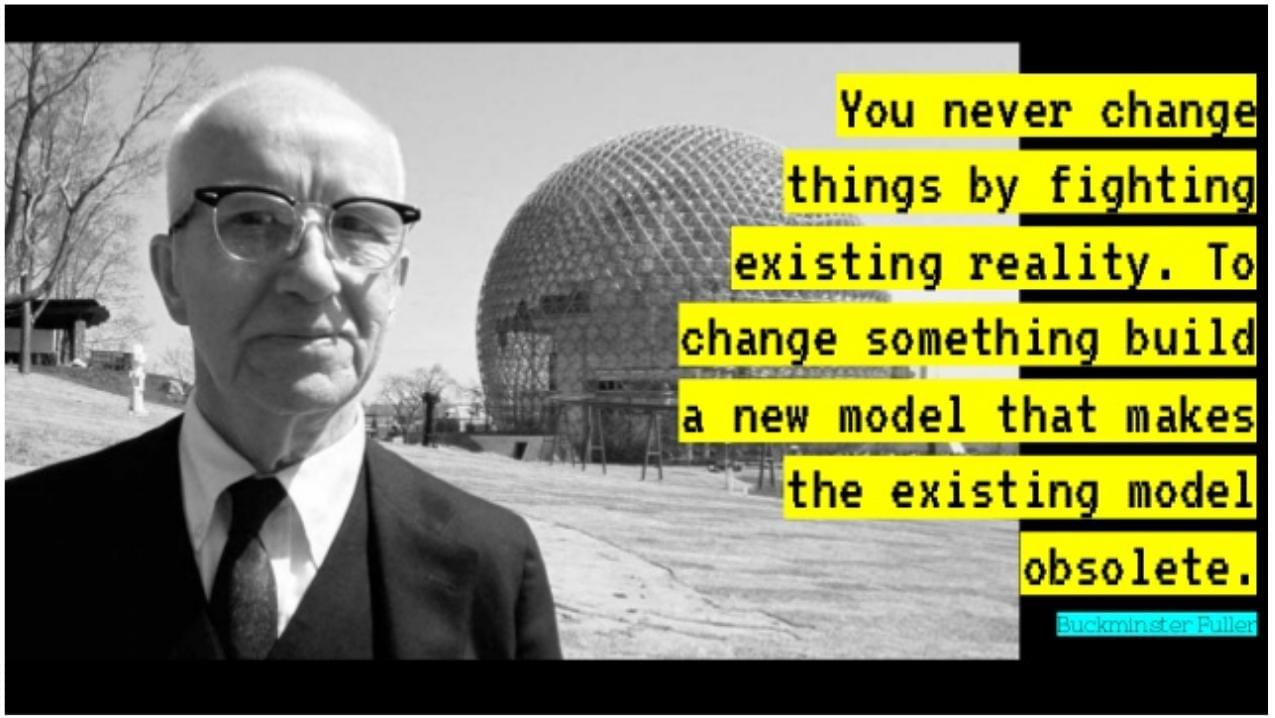
Ever since humans have stood on two legs, we’ve been unable to trust each other. We’ve always needed intermediaries — people who make sure those on both sides of an agreement honor their commitment. Intermediaries today include banks, who forward our money; lawyers, who forward our arguments and demands; and social networks, which forward our messages.
The reason for this high level of intermediation is a total lack of trust. It’s hard to trust someone when you can’t tell what they’re thinking. But thankfully, just as we’ve been able to innovate past seemingly impossible problems — like mastering flight, building skyscrapers, and democratizing information — we’ve also been able to develop a new technology that obliterates our trust issues. Enter Web3.
To understand what Web3 is about, we first have to understand what intermediaries are. At a very basic level, intermediaries do the following:
- Accept messages from outside sources. In the case of a bank, that would be a message from customer A to send money to customer B.
- Act on these messages once authenticated. Once the bank has confirmed that customer A’s account has the funds and is authorized to send (it’s possible the account could be frozen), they would initiate the transfer.
- The results of these actions must be computed. The bank confirms whether the transfer is successful or not.
- The computation’s results must be stored, and potentially used as messages in another interaction. The bank keeps records of the transaction via ledgers and receipts.
It doesn’t take much to realize that a computer is, technically speaking, a perfect intermediary. But if computers are perfect intermediaries, why haven’t they replaced our human intermediaries by now?
To answer that, we must first consider authority and authorization.
Authority and Authorization
One key function of intermediaries is in deciding who’s right or wrong in a certain claim. Thus, if customer A were to send money to customer B and B claims they didn’t receive it, the two can settle their issue by going to the bank that stores the records. The bank can do this because it has authority, but it only has authority because the customers authorized it to act on their behalf (like recording their transactions, and so on).
In the beginning, we had simple signatures on pieces of paper.

But now we’ve left that and gone into the digital realm.

We pass on authorization and give intermediaries authority over our fate with the click of a button, the scan of a fingerprint, or the input of a password. In truth, life has been great. The services at our disposal have made our lives infinitely easier.
PayPal lets us send money anytime, anywhere. Twitter turns us into ruthless keyboard warriors. Facebook lets us catch up with lost friends. Medium allows us to automatically promote our writing to a global audience on a simple-to-use platform. Even things like Tinder and OkCupid have arguably improved some lives. Then there’s GitHub, which lets us work on computer code with anyone in the world, and Airbnb, which lets us earn money from our empty apartments without us having to ever meet the renter face to face. If that’s mind-blowing now, imagine how it would seem to a person from just 20 years ago!
Now, if we’re sticking with the truth, then it hasn’t been all rosy. It’s no coincidence that the icon for “bank” looks like a prison.

Aside from the banks, all of these services have had their gaffes.
PayPal and TransferWise are both known for closing customer’s accounts without providing a reason, cutting off revenue that people and businesses need to survive. Imagine waking up one morning to find that your $5,000/month business has been shut down with no valid reason given.
Or consider the case of GitHub: in July 2019, GitHub obliterated the accounts of all Iranian developers. They just flat out deleted their repositories, losing them months of work and collaboration. Why? Because their authority (the US government) told them: “No Iran”. As a centralized and vulnerable company, they had no choice but to obey. (Note that, in January 2021, GitHub obtained the US government’s permission to serve Iranian devs again.)
Thanks to how history has played out, we can see that in any system where there’s hoardable power (centralization), certain people are bound to hoard that power. There’s no way around it. There’s no problem with hoarding power, especially when it’s hoarded by someone noble and effective. Unfortunately, humanity has been dealt a bad hand by our psyche because it seems much easier for the worst of us to get this power. And by this, I don’t mean that only the worst of us rise to power. Rather, whenever we have power, the temptation to put our interests before the interests of the group is so overwhelming that only a few can succeed. This is why Uncle Ben told Peter Parker that “with great power comes great responsibility”. If only it were easy to rise to the occasion like Spider-Man.
In the case of our life-changing 21st-century services, it’s not just the selling of personal data and lack of privacy that’s worrying about these powerful middlemen. It’s also the fact that third parties get access to this information and are then free to do whatever they want with it, no matter how nefarious it may be.
In 2020, Ledger, a company specializing in building hardware cryptocurrency wallets, was hacked and personal information like addresses, phone numbers, and email records of hundreds of thousands of customers, dealers, and investors was leaked. This was a scammer’s heaven: a list of people who are guaranteed to own enough cryptocurrency to make it worthwhile to buy hardware wallets. Since then, many people have gotten scam emails of different kinds — from simple begging to death threats.
Many more monsters lurk beneath the surface of the current digital infrastructure. There’s censorship on social media, political leanings of allegedly neutral platforms, and monopolistic bans of applications and websites. There’s also corruption at the highest levels of the “free” market in coordinated attacks on the community’s monetary freedom (like in the latest example of hedge funds and the US government banding together to order stock trading apps to prevent people from buying GME, and to bail out funds for who shorted the stock).
What can we do about this intermediary situation? Is there any hope of fixing their broken practices?
No, not really. Buckminister Fuller says it best:
You never change things by fighting existing reality. To change something, build a new model that makes the existing model obsolete.

Continue reading Web3: A New Web for a New World on SitePoint.






